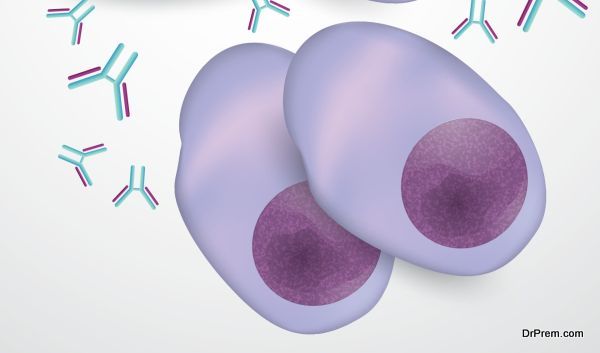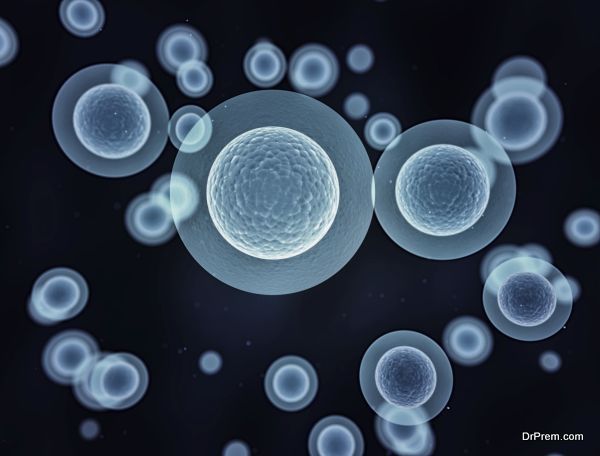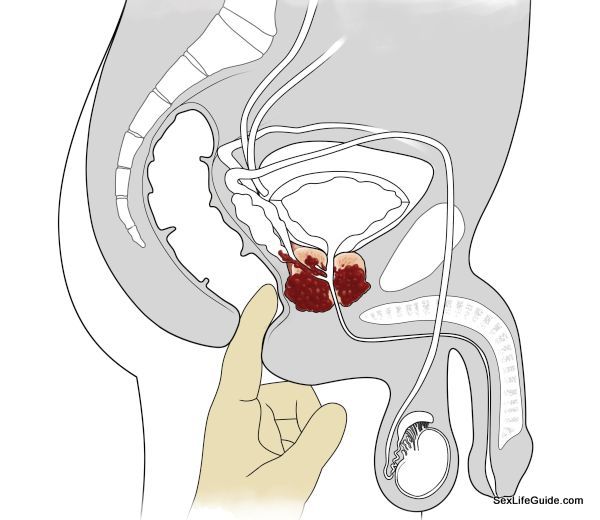Immunotherapy as a method of treating cancer is gaining a rapid popularity because of the significant advances as well as less severe side effects associated with it. Our immune system is composed of cells, tissues, and organs that are components of the lymphatic system.
Our system has a unique way of deciphering the self from the foreign cells and attacking only the non-self. This property is somewhat abused by cancer cells since they arise from normal body cells and undergo mutations to escape the immune system.
Immunotherapy reconstitutes the debilitated or hampered immune response and helps the body fight against cancer. There are a number of immunotherapy types and choosing the one that is appropriate for you is a decision that you should make after a thorough consultation with your doctor. The various types of immunotherapy and their uses are discussed below.
- Monoclonal antibodies (mAb)
Protein compounds called antibodies are designed with an ability to identify and target the markers on the surface of cancer cells. By targeting the antigen, these help to recruit the defense system to attack and eliminate the same. These also interfere with the cell signaling mechanisms in the tumor and hence inhibit further growth.
This targeted therapy has been approved by FDA for a range of cancers like breast cancer, Hodgkin’s and non- Hodgkin’s lymphoma, Lung, Kidney, Colorectal, Brain, Cervical, and Ovarian cancers.
- Checkpoint inhibitors or immune modulators
An activated immune system has a variety of proteins that act as checkpoints or brakes in between the complex process. Using these proteins, cancer cells are able to pull the brakes on the action of the immune system. Chemicals that inhibit these checkpoints, hence releasing the brakes on the immune response are called Checkpoint inhibitors. Immune Modulators accelerate the action of the immune system.
CTLA-4, PD-1/ PD-L1 are FDA approved chemical checkpoint inhibitors used in thetreatment of melanoma. These are also being studied for their potential use in other cancers of the human body.
- Adoptive T cell transfer
This is a technique that has great potentials in eliminating cancer once FDA approved for human trials. This technique focuses on building the body’s natural cancer-fighting ability by altering the natural T cells of the individual. This can be done by a variety of approaches; the simplest is collecting the T cells from a sample of the patient’s tumor and multiplying them under laboratory conditions before infusing them back.
The other consists of taking the T cells from the body and genetically modifying them in vitro to create a cancer-fighting ability. T cells can be equipped with a receptor called chimeric antigen receptors (CARs), which help them target the cancer cells in the body.
- Cytokines
Cytokines are basically messenger cells that control the body’s defense. Interleukins are cytokines that help the immune cells grow and multiply rapidly. Interferons boost the ability of defense cells in fighting disease. This method of immunotherapy has been used for a long time in cancer treatment for kidney tumors, hairy cell leukemia, cutaneous T-cell lymphoma, Kaposi ’s sarcoma, CML, etc.
- Therapeutic vaccines against cancer
Often given along with adjuvant immunotherapy, therapeutic vaccines, unlike preventive vaccines, cure a disease that has already established in the body. These vaccines trigger the immune system to recognize and target certain markers on or inside the cancer cells in order to destroy them. The most promising type of therapeutic cancer vaccines uses antigen-presenting dendritic cells.
FDA has approved the use of this modality for treating prostate cancer. This therapy is been researched extensively for applications in thetreatment of colorectal, brain breast, kidney, and pancreatic cancer.
Immunotherapy acts directly on the body’s defense system and either strengthens it or triggers its activity. Cancer cells have been escaping the body’s immunity process by a variety of mutations that render them unrecognizable. Therapy for targeting these cells and destroying them are rapidly been researched.








